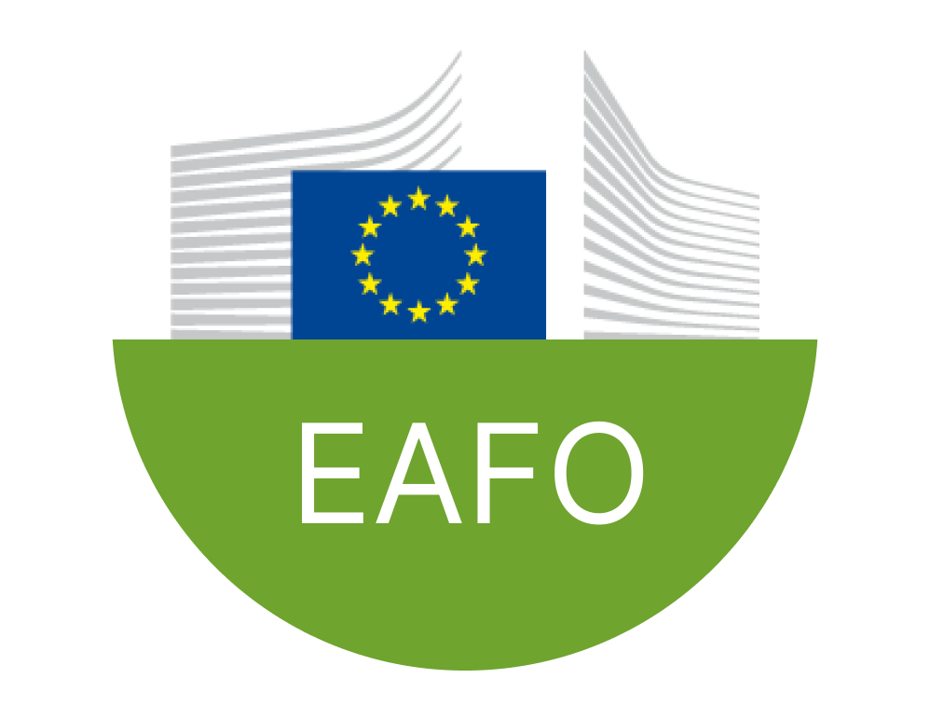New report outlines state of EV charging in Europe
New publication from the European Alternative Fuels Observatory (EAFO) examines the status of electric vehicle (EV) charging infrastructure in Europe, reviewing progress over the last several years, and identifying pathways for further advancement in electric mobility solutions.
EVs are instrumental to Europe’s transition towards more sustainable mobility. As highlighted by the report, the 2019 Green Deal calls for approximately 1 million public recharging points by 2025 to meet the expected volume of zero- and low-emission vehicles on EU roads. By the end of 2020, there were 2.24 million battery electric vehicles (BEVs) and plug-in hybrid electric vehicles (PHEVs) in the 27 EU Member States. By 2025, this is expected to rise to 13 million. Meeting this demand is ambitious, but not impossible.
‘On the electrification path: Europe’s progress towards clean transportation’ provides a comprehensive overview of the current EV landscape across Europe, detailing EV car fleet total and share, as well as charging infrastructure for each EU member state.
The large difference between nations such as Norway- where Electric passenger car fleet share was 16% in 2020- and other states is stark. Just 6 countries account for 79% of total new electric passenger car registrations across the EU-27 countries.
Yet, as the report asserts, due to the different framework conditions, there is no “one-size-fits-all” solution for public recharging infrastructure deployment. Mobility patterns significantly affect the scale a geography of EV and charging infrastructure deployment. For example, in the Netherlands, urban residents often rely on kerbside public recharging. Therefore, a number of municipalities provide public recharging points on request when an EV owner has no access to home or workplace recharging.
“There is no silver bullet for the deployment of the public recharging infrastructure network,” warn the authors of this new publication in their conclusion to the report.
As a result, the EAFO calls for a highly nuanced approach to implementation which accounts for local requirements and different framework conditions, addressing consumer barriers of affordability, convenience and awareness are a key to accelerate electric vehicle uptake.
Read the full publication here.

